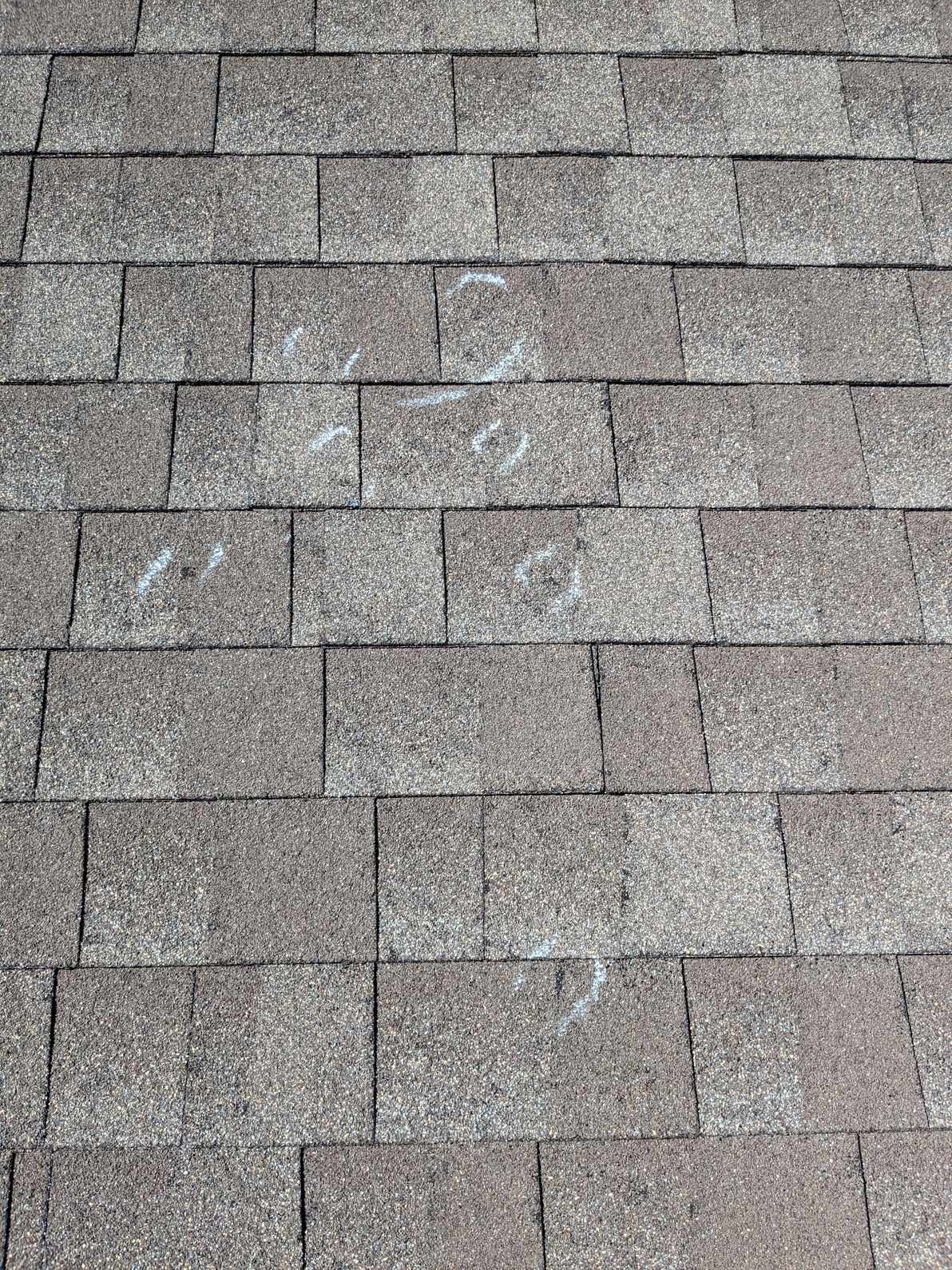The website is running an outdated PHP version (7.4); please upgrade it and check for any malware or security vulnerabilities.

6th June, 2024
Roof Claims on Your Homeowner's Insurance: Insights from Colorado's Insurance Policies
Introduction:
Homeowner's insurance serves as a crucial safety net for homeowners, protecting their property from unexpected damage. However, when it comes to filing a claim for roof repairs or replacements, homeowners often wonder about the potential consequences on their insurance policies. In this article, we will explore the impact of roof claims on homeowner's insurance, focusing on Colorado's insurance policies.
Understanding Homeowner's Insurance and Roof Claims:
Homeowner's insurance provides coverage for various perils, including damage to your roof caused by storms, fire, or other covered incidents. When you make a claim, your insurance company assesses the damage and covers eligible repairs or replacements within the policy's limits. While the specific impact on insurance premiums may vary, it's important to understand the factors involved.
Factors Influencing Insurance Premiums:
Claim History: Insurance companies consider your claims history when determining your premium. Multiple claims within a short period may lead to higher premiums, as they indicate a higher risk profile.
Location: The location of your home plays a role in determining insurance premiums. Factors such as weather patterns, local construction costs, and the risk of natural disasters in your area can influence rates.
Colorado's Insurance Landscape:
Colorado's insurance regulations provide insights into the impact of roof claims on homeowner's insurance. It is essential to consult your policy and insurance provider for specific details that apply to your situation.
Replacement Cost Value (RCV) vs. Actual Cash Value (ACV): Homeowner's insurance policies in Colorado may offer two types of coverage for roof claims. RCV coverage pays for the full cost of repairing or replacing the damaged roof, minus your deductible. ACV coverage considers depreciation, resulting in a reduced payout based on the age and condition of your roof.
Deductibles: Your insurance policy will have a deductible, which is the amount you must pay out of pocket before your insurance coverage applies. Deductibles can vary and are typically either a fixed dollar amount or a percentage of your coverage limit.
Tips for Informed Decision-Making:
Assess the Damage: Evaluate the extent of the damage to your roof before deciding whether to file a claim. If it's a minor issue, you might consider paying for repairs out of pocket to avoid potential premium increases.
Review your Policy: Familiarize yourself with the terms and conditions of your homeowner's insurance policy. Pay attention to coverage limits, deductibles, and the claim process. Understanding your policy will help you make an informed decision.
Seek Expert Advice: Consult with a reputable roofing contractor or an insurance professional who can assess the damage and provide guidance on the most suitable course of action. They can help determine whether filing a claim is necessary or cost-effective.
Conclusion:
When it comes to filing a roof claim, it is important to understand the potential impact on your homeowner's insurance. Factors such as claim history, location, and the type of coverage provided by your policy can influence premiums. In Colorado, it's crucial to consider whether your policy offers RCV or ACV coverage and the associated deductible. By assessing the damage, reviewing your policy, and seeking expert advice, you can make informed decisions regarding your homeowner's insurance and roof claims. Remember, consult your specific policy and insurer for accurate details tailored to your circumstances.
Latest posts

How do I know if I need a new roof or a roof inspection?
6th June, 2024
Will Insurance Cover Roof Replacement? Know Your Policy
6th June, 2024





